
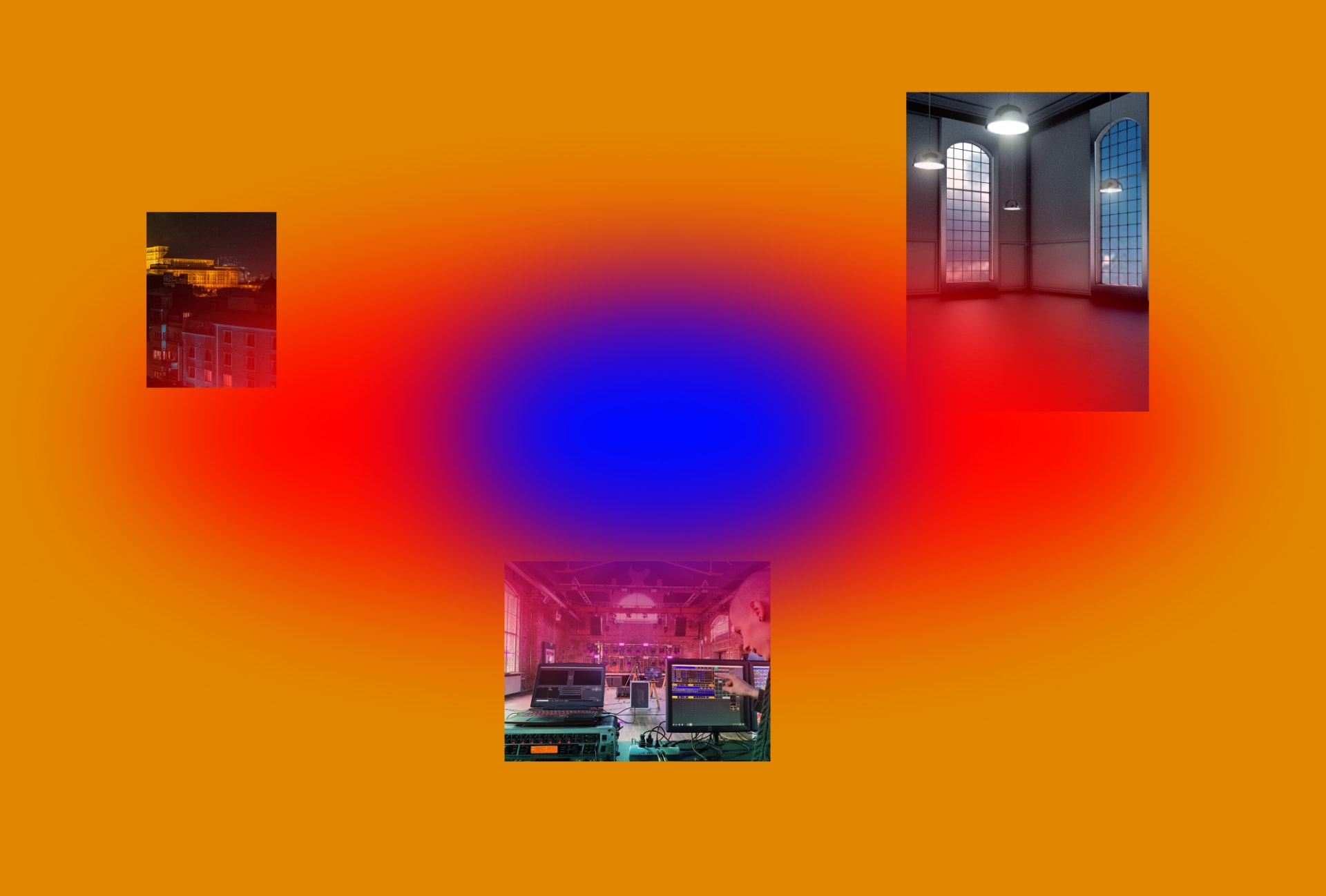
Year in Review: How Will Dance Music Survive in 2021?
It’s time to break away from old, unsustainable habits and focus on revitalizing local communities.
Who would have thought that 2020 would be the year when the world stopped spinning? In these unprecedented times, the electronic music industry is now challenged with the task of envisioning what the “new normal” will look like—or how the scene (or what’s left of it) will function. In a business that favors big names and big numbers, the lack of access to equitable opportunities has put the creative ecosystem to the test. It’s likely that high-earning DJ superstars or well-established institutions will be among the very few to survive this crisis and will go on to thrive with little competition in the years that follow, once the majority of alternative musicians and spaces disappear.
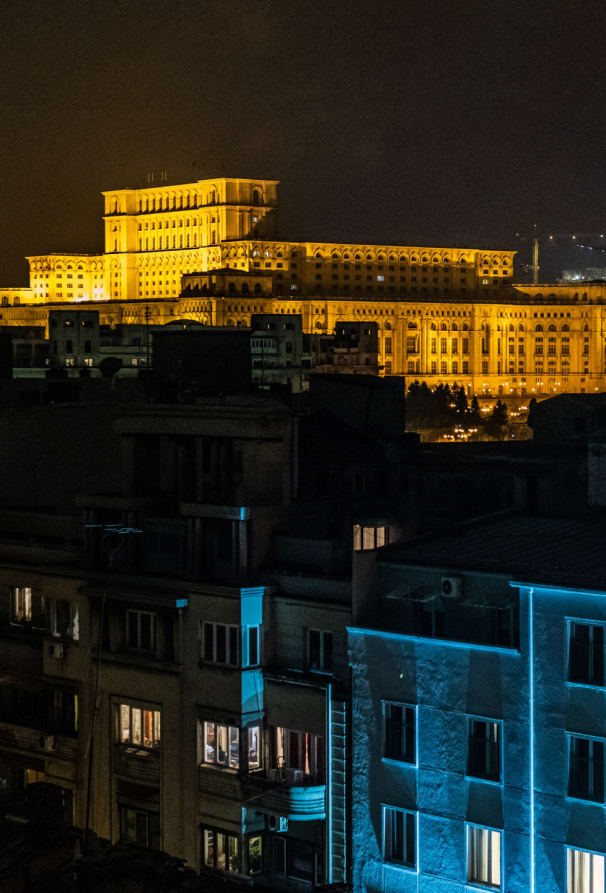
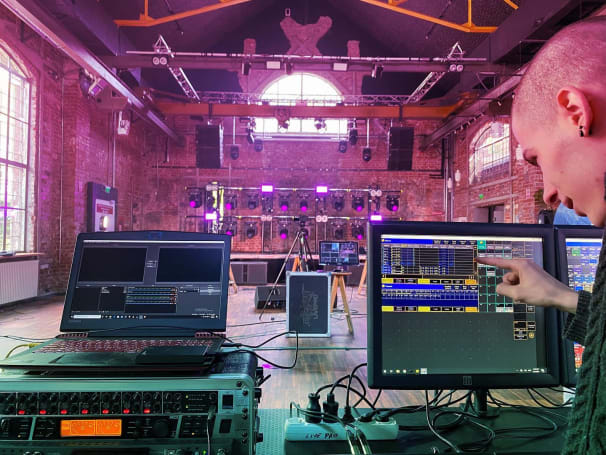
Most people who I’ve spoken to throughout 2020 imagine that the scene will somehow enter into a renaissance, returning to an earlier period driven by individuals and collectives rather than business conglomerates, even at the risk of losing some of its important players. Some will go, others will replace them. This is what being a part of the DIY scene implies in the first place—celebrating a certain independence, enjoying living outside of society’s norms. After all, this uncertain path is the quintessence of what the DIY ethos stands for, and nobody should regret having chosen it, even if those who have are facing a higher degree of vulnerability than those who have opted for a more stable career. But the consequences of this crisis are not equal in impact for everyone. Even if at a first glance we’re all in this together and we’re all affected by the present situation, we’re actually not. Large-scale festivals that have aid from private sponsors and state assistance will survive this crisis and will have the chance to restart their operations. In the meantime, it’s unclear what will happen with the independent micro-scenes—the small clubs with limited capacity, the bars, cafes, record shops, non-profit radios, or community venues who were struggling to survive even prior to the pandemic. How can we have a cultural renaissance like so many envision if these spaces, the soul of the industry, is at risk of vanishing?
Even if at a first glance we’re all in this together and we’re all affected by the present situation, we’re actually not.
What’s clear is the rapid growth of the industry to a $7.3 billion estimate in 2019 came at the cost of dance music’s personal and economic value. In London, promoters like Andy Blackett (fabric’s head of promotion), referred to the phenomenon of big clubs and festivals dominating the industry in a feature for Mixmag as “headline culture.”) “The whole thing’s gotten boring,” Blackett says. “If you go back five years, there wasn’t a lot of choice in London. Now there’s a festival every weekend, and we’re all using the same acts. It’s oversaturated. There’s nothing unique anymore.” This phenomenon has reduced the impact of local scenes, making it difficult for emerging talent to break through. What’s more, as pointed out by DJ Mag regular Martin Guttridge-Hewitt, headline artists jet-setting each weekend to play these multiple gigs in multiple different time zones has caused irreparable damage to our environment.
Now is a good opportunity to reflect on how we can sustain the health and variety of local dance music scenes and mitigate the environmental impacts of the industry.
Community is now more important than ever. The best solution would be to shift focus to local scenes. We can do that by supporting venues directly through donations, buying more music on Bandcamp, help increasing their streaming revenues, and booking local acts whenever possible when the lockdown lifts; every little contribution can make a big difference. Of course, international festivals have their own role in the ecosystem, and in a place like Bucharest, where the electronic music scenes would have a hard time thriving without the draw of well-known talent, these events can help stimulate broader interest in dance music. But if resident-only nights and festivals championing domestic talent became the standard, it would not only nurture up-and-coming artists, but also change a widely-accepted, wholly unsustainable DJ tour schedule.
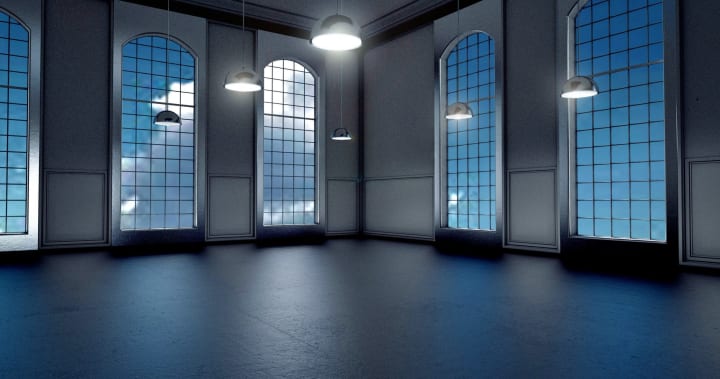
In Bucharest, independent spaces are struggling to keep their businesses alive. In this quest for survival, while attempting to keep a visible presence through regularly streamed shows, very few can rely on help from the state, not only because of the heavily bureaucratic processes involved in applying for emergency aid, but also because the funds are unequally distributed. Usually those who cannot produce enough financial capital to justify assistance are left behind.
This autumn, the Romanian government announced plans to create a state aid scheme to support only the major music festivals (such as Untold, Neversea, Electric Castle, or Summer Well), while the entire independent cultural sector remained in tailspin. But after pressure from press and social media by independent cultural operators, the government has only started to consider plans for this sector to be implemented in the new year. In the meantime, DIY venues from Bucharest which used to throw parties are forced either to drastically limit their activity, or to completely shut down.
Throughout the year, there have been problematic attempts at supporting the scene through illegal raves. While very few participants acknowledged the risks involved of attending a rave in a pandemic (especially those associated with not wearing masks and having contact with large groups of people), it’s hard to imagine that these attempts will stop happening in the new year, at least until the authorities offer clear legislation on how events can take place safely. While relying on illegal, unregulated raves is definitely not a solution for a healthy scene, it’s important to point out that many of them are doing it out of a need to survival. And even if these plague raves might buy one or few months of rent, they actually make little difference for their long-term financial projections—if any at all. These situations arise not just in Bucharest, but everywhere. A concrete example would be the Suicide Club (formerly Suicide Circus) from Berlin. “It’s a matter of survival for us,” club representative Pat Flanders said in a recent EB feature. He expressed regret that guests didn’t always take social distancing and mask rules seriously, especially in the later hours, but he was forced to take the risk when the alternative meant missing a rent payment—while operating at a loss—and potentially losing the space.
Another viable solution for assuring the longevity of the alternative scene would be to reorganize through collectives rather than operating as single individuals. History has proven that if we work together, we have a real chance to make a change. When organized under a larger body (or type of institution empowered to address concrete issues to the state and demand solutions) with a common voice, the dance music scene has the potential power to lobby politicians and governments for reasonable legal protections and demand extra financial support for those who need it. But this process of reorganization can (and should) only happen naturally in order to provide equal opportunities for all the collectives involved. It should happen when all actors are willing to renounce their egos for a higher purpose, when they share a common vision and voice, and when they decided to assume responsibility as a cultural authority.
History has proven that if we work together, we have a real chance to make a change.
Even in our capitalist times, a music scene cannot operate and develop on its own terms without its own people—the members who actually built the scene in the first place and who maintain its status, ethos, and shape. This year will be remembered as a test of our solidarity and empathy. Everything is changing in every second of our lives, and nothing can ever be the same as before. After closing this period, it’s important to ask ourselves: What have we learned? Will the future bring more challenging music, a deeper sense of unity among the alternative scenes, and a greater awareness with regard to safety and responsibility? When the world starts to spin once more, will we act with integrity and resilience? This is the only future we can hope for, and one we must continue to work towards.

Dragoș Rusu has been an editor and coordinator for Electronic Beats Romania for the past two years. He is an all-around music and sound adventurer based in Bucharest.
Published December 22, 2020. Words by Dragoș Rusu.





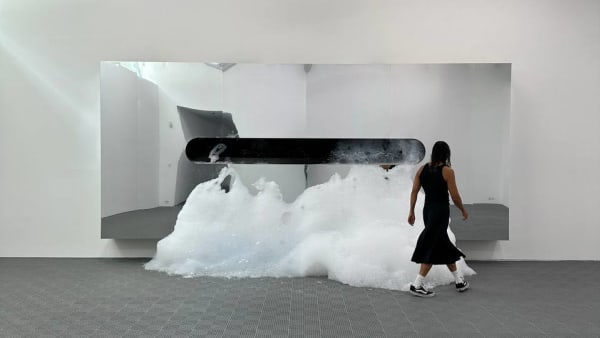






Follow @electronicbeats